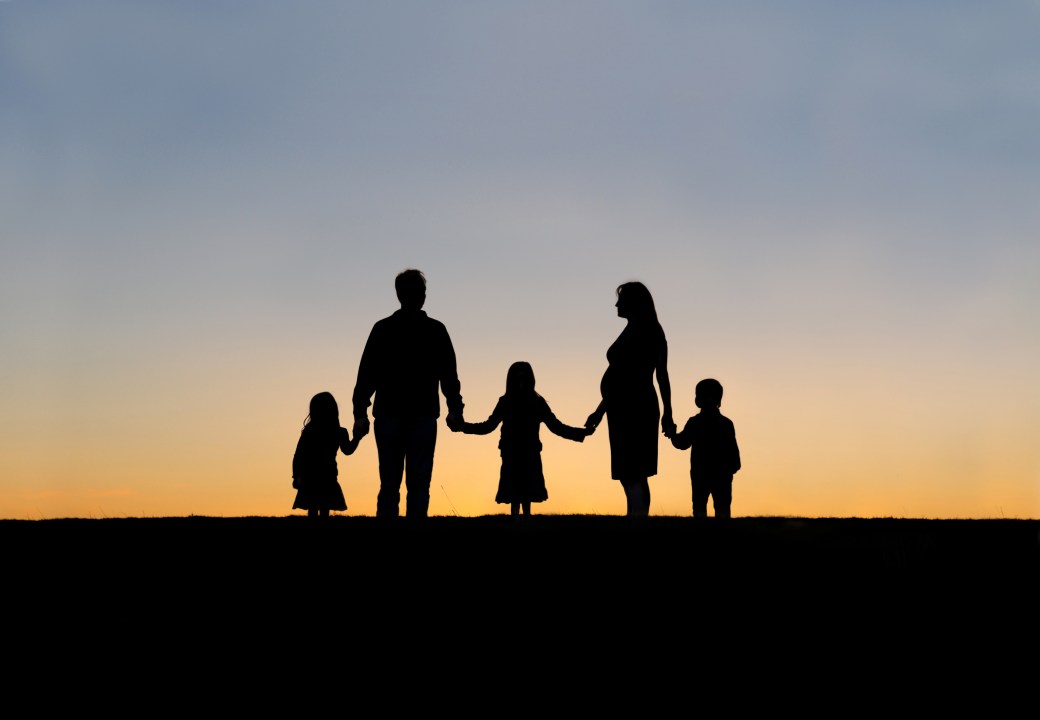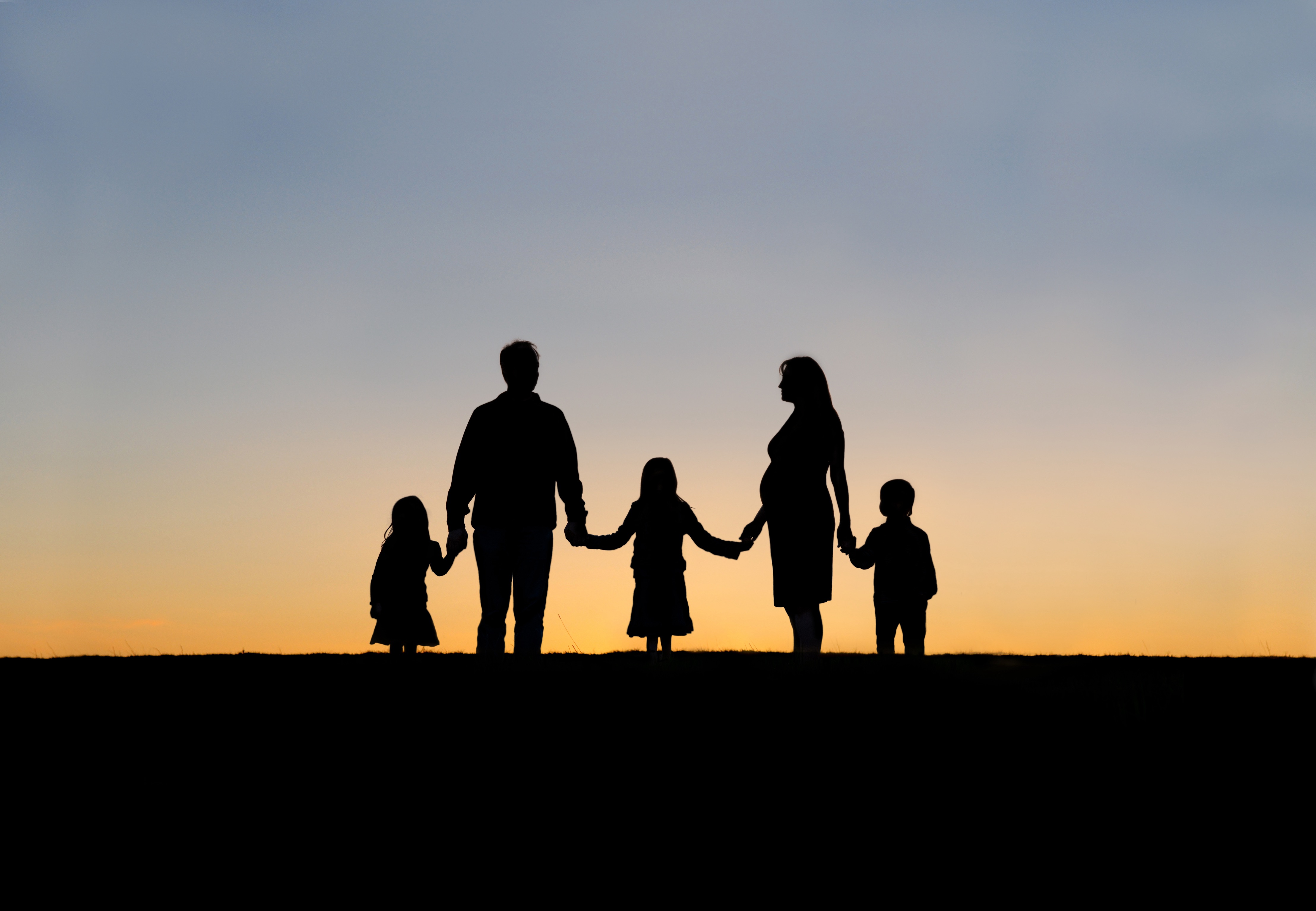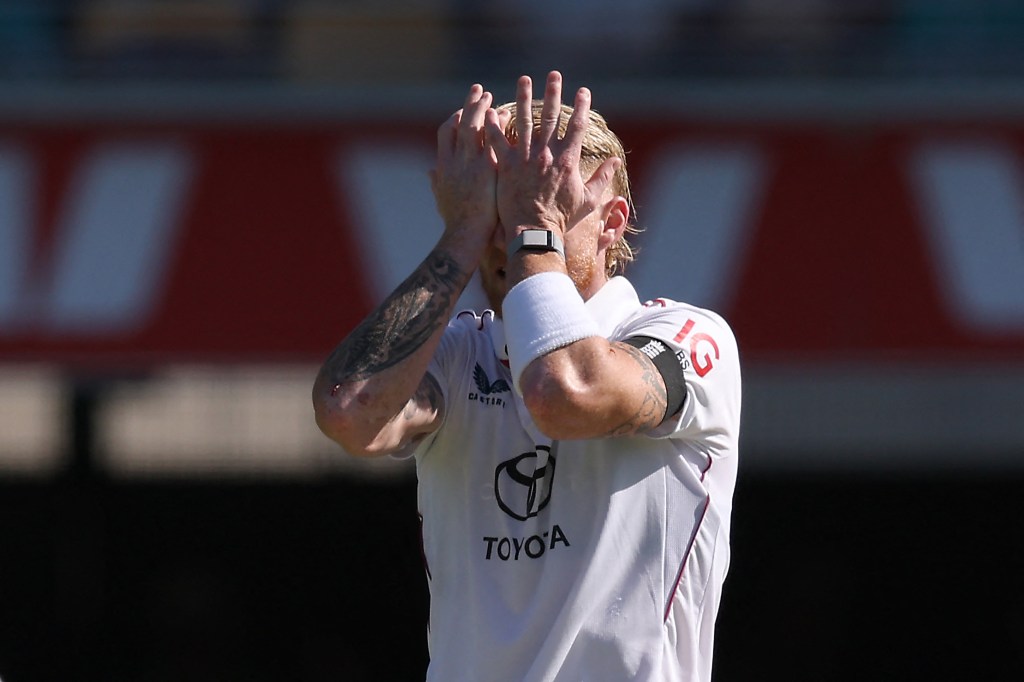As a species we are richer than we’ve ever been before. We live longer. We have more food to eat than is good for us. We have abundance in all things. And yet we are no happier than we were. In fact, many of us are downright unhappy.
Among our woes is an epidemic of loneliness. Some 8.4 million of us are now living alone in Britain, and more than 3.8 million report being chronically lonely. We lock up more people in our prisons than ever and we can see for ourselves the signs of friction in our society, one which is clearly not entirely at peace with itself. So somewhere we have gone wrong. And I think I know where.
It’s our families. They are simply too small. The average number of children born per woman in England and Wales has fallen to 1.41 – a figure that has been declining consistently since 2010 and is now the lowest since records began in 1938. And, say it quietly, but I’m not sure that small families are actually very good for us – either individually or as a society.
How so? Well, to start with, I think it’s fair to say that on average larger families produce more rounded individuals – ones more accustomed to the rough and tumble of life, to challenges and competition; people who by definition have experienced more of society, albeit the society of numerous siblings, cousins and uncles and aunts, than those from smaller, more isolated family units.
We should recognise also that the more children we have, often, the better at parenting we parents become. You may have noticed yourself the difference between first-time parents and those on their second or third babies. The first-timers are often neurotic in the extreme: everywhere they look there are choking hazards, lethal allergens, the horrors of refined sugars or perverts waiting to pounce on their little ones. But by the time a parent gets to their third child they are merrily handing them a can of Coke or encouraging them to climb a tree to let off some steam. Go on, it’ll be good for you…
First-borns are the equivalent of that icy blue run on the first day of the first skiing holiday you ever had. You remember: the falling off chair lifts, the sliding backwards, those snow-ploughs that led to the splits. No wonder the eldest are usually the most headstrong and difficult – they needed to be to get through it.
Consider in comparison, then, the fate of the second-born modern child. By the time they come along, most parents are match-fit: they know how to disassemble the buggy and they know how to manage the tantrums (theirs as well as the children’s). They’re less terrified of every strawberry, wasp or grape. They are simply better parents and as a result the second children tend to benefit. Second-time parents also have less time to micro-manage. And as well as receiving more experienced and balanced parenting, since that second-born has to share their parents’ attention with the first from day one, they are also less likely to become spoiled or entitled. So far so good, right?
Unfortunately in our society, having had a go at parenthood and moved a bit closer to mastering it, we just stop doing it
But the problem is, that’s where we stop. Unfortunately in our society, having had a go at parenthood and moved a bit closer to mastering it, we just stop doing it. Even when there might be a good decade of breeding years ahead of us, we pull the parental drawbridge up and focus on the one or two we’ve got. And why? Usually because we can’t afford it – because we lack the money, the space or, just as likely, the time or the energy to contemplate it.
But just imagine if you had three or four or even five children – you’d be a black-belt at it, wouldn’t you? And by the time you got to number seven (who you could call Septimus, by the way), you’d be the emeritus bloody professor of parenthood.
The serious point is that we are the society we raise, and if the children that are raised are raised by inexperienced, novice parents (who are addicted to their screens, alas) then it cannot be any surprise that what emerges from the sausage machine is about as useful as chicken katsu curry at a vegan baby-naming ceremony.
As it stands, having seen the rise of small families for two or three generations, we now have a society primarily made up of first- and second-born children, probably for the first time in the history of the species. No wonder we feel lonely.
Think what (and who) we’re missing: Horatio Nelson was the sixth of 11; the Duke of Wellington was the sixth of nine; Sir Robert Peel, one of our greatest prime ministers, was the third-born; Jane Austen was the seventh child of eight, and who has bettered her sentences? Where would the Mitford sisters be if there had only been two of them? Who would you have left out (well, apart from Nancy, obviously)? And how would The Sound of Music have turned out if there had been only two von Trapp children? ‘So Long, Farewell’ would only last about 30 seconds, for a start…
Big families are harder and more expensive. But they offer us so much, and their demise is a demographic and cultural tragedy – small wonder younger people are so lonely if they have only one sibling or no siblings at all to call upon in life (and potentially no cousins either). Who can blame us for not being prepared for society at large if we aren’t trained in one at home? What’s more, by limiting the horizons of our families, we are also restricting the joy that being a parent brings, and we are stifling the unrestrained delight – the sheer, unique riot – of sibling society. Because there’s no laughter – or indeed tears – quite like it. And, for that, we are all the poorer.








Comments